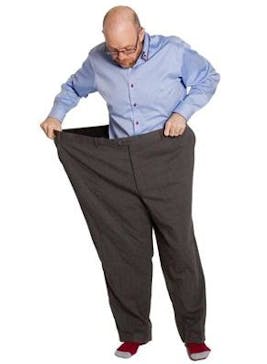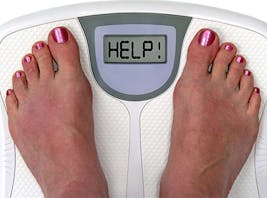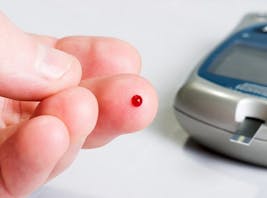How low carb is LCHF?
How low carb is low-carb?
Eating a low carb high fat diet has been very popular in Sweden since about 2008. But how low carb, and how high fat? There are no generally agreed exact levels.
This is a debate that flares up repeatedly. Some people think that only ultra-strict low-carbers should be allowed to use the term LCHF (people eating below 10 – 20 grams or carbs per day, for example). Others, who eat a more liberal form of LCHF – with a bit more carbohydrates – feel that strict LCHF is too extreme, and that they should use another term.
To me the answer is clear: No one has the exclusive right to decide what the concept LCHF means to others, exactly how many carbohydrates can be included. One has to accept that others choose to eat LCHF in their own way.
Some people need to eat very few carbs for a maximum effect. This includes many people with big weight issues, diabetes (mainly type 2) and food/sugar addiction, for example. One example is Tommy Runesson, pictured above, who lost more than half his body weight when starting on a strict LCHF diet many years ago, and still sticks to a strict variant.
Others – less carb intolerant people – do great on a more liberal LCHF. A third group of healthy, lean, active people may not even need to eat low carb at all, as long as they mainly eat unprocessed slow carbs.
My definition
Here’s my view on different levels of LCHF:
- Strict LCHF <20 gram carbs per day
- Moderate LCHF 20-50 grams per day
- Liberal LCHF 50-100 grams per day
The above numbers discount the fibre – you can deduct them from your carb counts. But don’t be fooled by the label “net carbs” on processed products. That’s usually just a way to trick you and I’d go so far as to suggest not eating anything with the words “net carbs” printed on it.
In addition, one could possibly add the concept “exercise-liberal LCHF” that Jonas Bergqvist coined. He argues that people who exercise a lot and eat large quantities of calories daily may also eat more than 100 gram carbs per day and still be mostly in fat-burning mode. This too could be called LCHF.
You can of course also eat more carbs than 100 grams and still be inspired by LCHF ideas and LCHF recipes.
Who needs strict or liberal LCHF?
The fewer the carbs, the stronger the impact on weight and health. A stricter diet will generally produce a stronger impact on weight and some health markers, such as blood sugar and blood pressure.
Some people are more sensitive to carbohydrates than others and need to keep a strict LCHF diet for best results. Others – the lucky ones – may eat larger amounts of good carbohydrates and still remain lean and healthy. This is something to be thankful for as it makes life easier.
More
More health and weight success stories
Ate a High-Fat Diet – Lost 200 lbs
LCHF Deadly in the Long Run… or Not?
Great Cholesterol Numbers After 4 Years on an Ultra-Strict LCHF Diet



